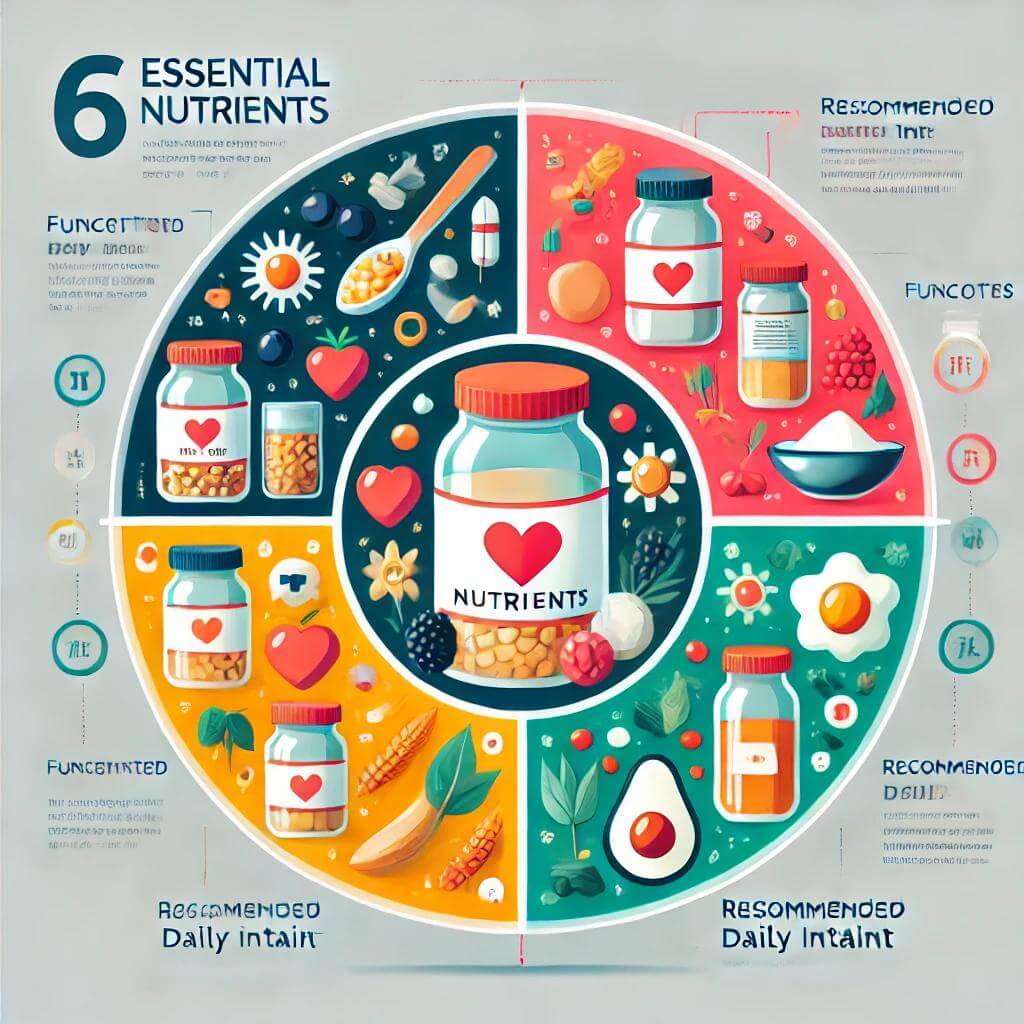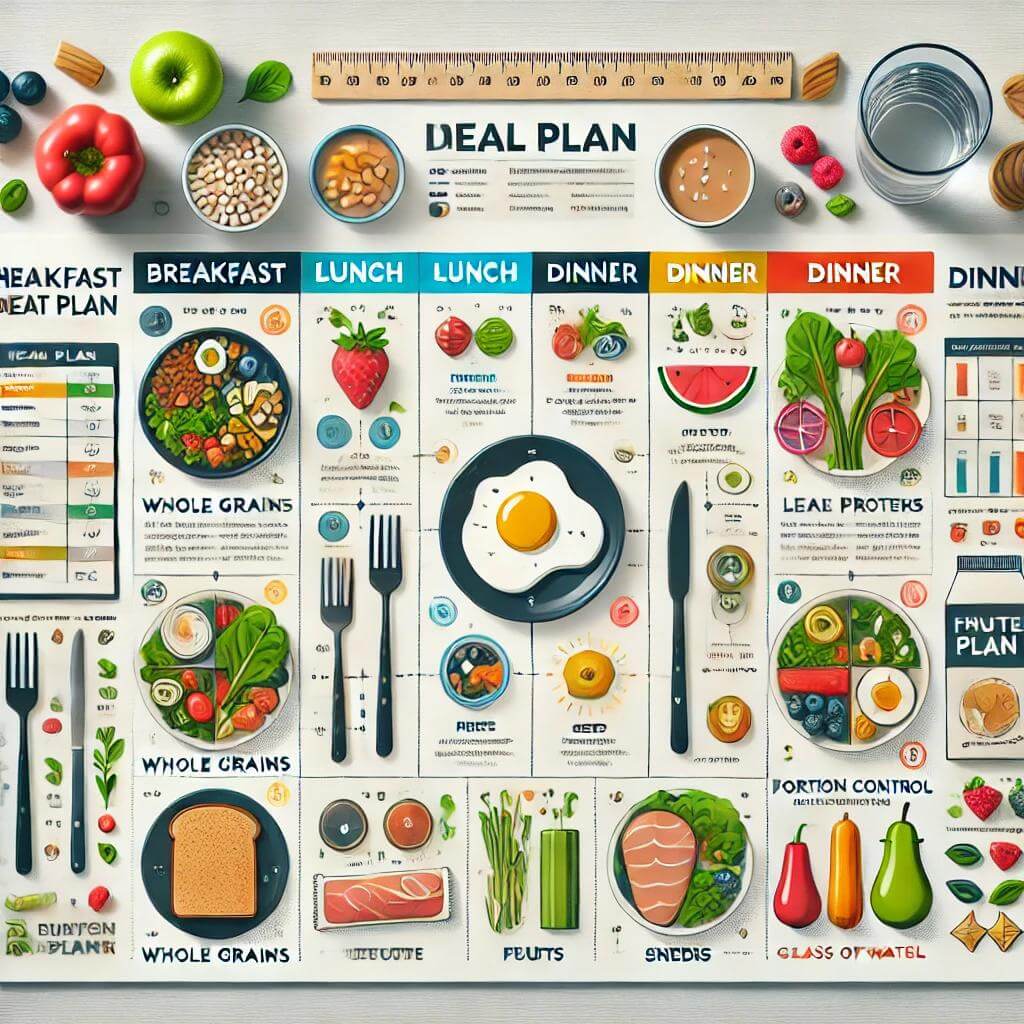The Importance of Drinking Water: Boost Your Metabolism
Water is the most essential nutrient for the human body, playing a critical role in nearly every bodily function. From regulating body temperature to aiding digestion, water is the cornerstone of life. This article delves into the importance of drinking water, its impact on metabolism, and offers practical tips for maintaining proper hydration.
The Role of Water in the Body
1. Water as a Vital Nutrient
- Basic Functions: Water is involved in various bodily processes including digestion, absorption, circulation, and temperature regulation. It acts as a solvent for minerals, vitamins, amino acids, glucose, and other nutrients.
- Transportation: Water transports nutrients to cells and removes waste products from the body, ensuring that all systems function efficiently.
- Protection: Water cushions joints and protects the spinal cord and other sensitive tissues.
2. Water and Metabolism
- Hydration and Energy Production: Proper hydration is essential for energy production. Water is necessary for the chemical reactions that produce energy from carbohydrates, proteins, and fats.
- Impact on Metabolism: Drinking water has been shown to temporarily boost metabolism, helping the body burn calories more efficiently. This process, known as water-induced thermogenesis, can increase metabolic rate by up to 30% after drinking about 500ml of water.
3. Water’s Role in Detoxification
- Kidney Function: Water is crucial for kidney function, helping to filter and remove waste products from the blood through urine.
- Prevention of Kidney Stones: Adequate water intake dilutes minerals in the urine, reducing the risk of kidney stones.
- Liver Detoxification: The liver relies on water to metabolize and eliminate toxins from the body, aiding in overall detoxification.
4. Skin Health and Hydration
- Moisturizing the Skin: Adequate hydration keeps the skin moist and supple, reducing the appearance of wrinkles and dryness.
- Detoxification Through Sweat: Water helps remove toxins from the skin through sweating, promoting clearer and healthier skin.
Impact of Water on Physical and Mental Performance
1. Physical Performance
- Exercise and Hydration: Dehydration can impair physical performance by reducing endurance, increasing fatigue, and altering body temperature regulation.
- Muscle Function: Water is essential for muscle contraction and relaxation. It also helps prevent cramps by maintaining electrolyte balance.
2. Mental Performance
- Cognitive Function: Even mild dehydration can impair cognitive functions such as concentration, alertness, and short-term memory.
- Mood Regulation: Hydration is linked to mood regulation. Dehydration can lead to increased feelings of anxiety, tension, and fatigue.
3. Preventing Dehydration
- Signs of Dehydration: Early signs include thirst, dry mouth, and fatigue. Severe dehydration can lead to dizziness, confusion, and even fainting.
- Hydration Tips: To prevent dehydration, drink water regularly throughout the day, especially before, during, and after physical activity.
Practical Tips for Staying Hydrated
1. Daily Water Intake Recommendations
- General Guidelines: The average adult should aim for 8-10 glasses of water per day, which equates to about 2-2.5 liters. However, individual needs may vary based on factors such as activity level, climate, and overall health.
- Adjusting for Activity and Climate: Increase water intake during hot weather or when engaging in intense physical activity to compensate for water lost through sweat.
2. Incorporating Water-Rich Foods
- Fruits and Vegetables: Foods like watermelon, cucumbers, oranges, and strawberries have high water content and can contribute to overall hydration.
- Soups and Broths: Including soups and broths in your diet can also help increase your fluid intake.
3. Setting Hydration Goals
- Tracking Water Intake: Use a water bottle with marked levels or a hydration app to keep track of how much water you drink each day.
- Hydration Reminders: Set reminders on your phone or use a hydration app to prompt you to drink water at regular intervals.
4. Flavoring Your Water
- Infused Water: Add slices of fruits, herbs, or vegetables to your water for a refreshing flavor without added sugars or calories.
- Herbal Teas: Herbal teas are a great way to increase fluid intake while also providing various health benefits.
5. Hydration and Meal Timing
- Drinking Water Before Meals: Drinking a glass of water before meals can aid in digestion and help control calorie intake by promoting a feeling of fullness.
- Avoiding Excessive Water During Meals: While it’s important to stay hydrated, drinking large amounts of water during meals can dilute digestive juices and slow down digestion.
Summary Table
| Aspect | Details |
|---|---|
| Role in the Body | Regulates temperature, aids digestion, transports nutrients, and removes waste |
| Impact on Metabolism | Boosts metabolism through water-induced thermogenesis, aiding in calorie burning |
| Physical and Mental Performance | Improves endurance, muscle function, cognitive ability, and mood regulation |
| Daily Intake Recommendations | 8-10 glasses per day, adjusted for activity level and climate |
| Hydration Tips | Incorporate water-rich foods, track intake, flavor water, and time hydration around meals |
Conclusion
Drinking enough water is crucial for maintaining optimal health. From boosting metabolism and supporting physical performance to enhancing cognitive function and promoting skin health, water plays a vital role in nearly every aspect of bodily function. By following practical tips for proper hydration and being mindful of your daily water intake, you can ensure that your body receives the hydration it needs to function at its best.
*Disclaimer: The information provided in this article is for educational and informational purposes only and should not be construed as health advice. The content is solely the personal opinion of the author and is not intended to be a substitute for professional medical advice, diagnosis, or treatment. Always seek the advice of your physician or other qualified health provider with any questions you may have regarding a medical condition or before starting any new diet or treatment. Read more




Post Comment